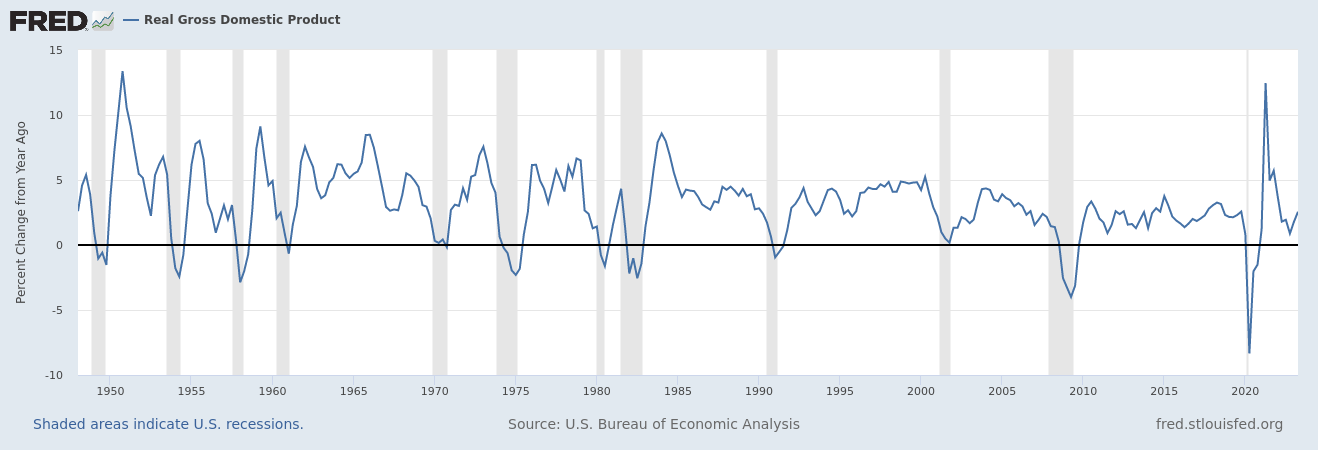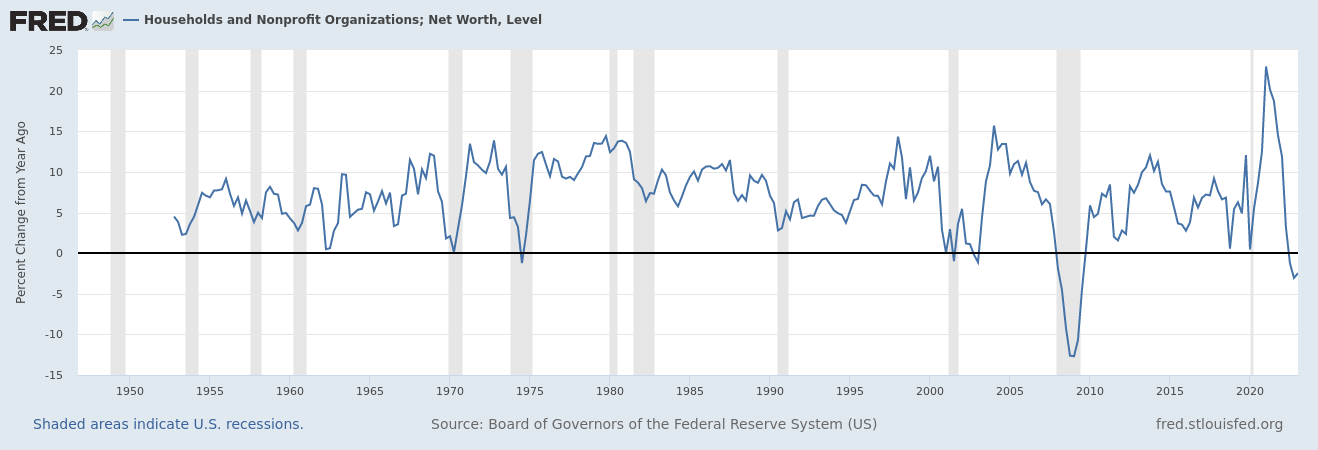There are several problems with your measure and arguments.
Correcting claims about GDP
First, you are making a lot of claims without referencing them.
GDP is often described vaguely as “the production of wealth” of a country.
No serious economist calls GDP production of wealth. Anyone who took undergraduate macro class will know difference between wealth and income. GDP is measure of income or production (which is the same thing economically see Blanchard et al Macroeconomics ch 3) and some of that production can be stored stored as wealth but no country can have 0 marginal propensity to consume. Perhaps this is what the people you refer to were saying but since you do not provide any source for your claims it is impossible to say.
Taking your claim at a face value it is like saying, lot of people call 'light years' vaguely measure of time, because some Facebook commenter, random politician, journalist or blogger does not know that light year is measure of distance, or you just misunderstood some more nuanced conversation (see last sentence in previous para). If you look at any Econ textbook or paper published in top journals nobody calls GDP measure of wealth production. In fact there are even debates of missing measures of wealth (see World in Our Data) because GDP does not measure wealth.
If you are looking for measure of wealth/change in wealth then your 'Net Wealth Addition' is automatically better regardless of any other problems with your proposed measure, because it actually measures something happening to wealth. Even the worst measurement of time is better than the best measure of distance if your goal is to measure time instead of distance.
So if you are looking for measure of wealth or change in wealth, then the NWC measure 'better' just by the virtue of measuring it, but that's obvious, hour is obviously 'better' measurement of time than meter.
GDP vs NWC measures of development and economic power
Second, regarding 'economic power', 'economic health' and 'level of economic development' they are all used, but it is important to clarify these terms.
- Economic development is defined as:
An economic transformation of a country or a region that leads to the improvement of the well-being and economic capabilities of its residents.
Economic development is process that cannot be measured by GDP, but current level of economic development can, and process of economic development can be measured by growth of GDP.
The GDP is actually a direct measure of economic capabilities of residents. The purpose of economy is to satisfy human needs. In order to satisfy human needs you need to produce what people want to be produced. If you produce gold but people are starving and want food to be produced you are not satisfying human needs. This is why GDP is criticized for not being accurate measure for command economies where production and output prices do not necessarily correctly reflect values of output (see discussion of that in Budnitskii et al. 2021).
GDP is less direct but still valid measure of economic (i.e. material) well being (even though we could argue there are potentially other alternatives that might be better). If you purchase some good Y for \$X it means that value you derive from Y is at least \$X or higher.
There are several problems with GDP. For one it ignores all production done outside the market. If you produce something at home it does not add to GDP. This is problematic because if you hire baby sitter instead of sitting your baby yourself you are not better off but GDP goes up. Similarly, GDP does not capture value generated by common resources. Walking in clean forest clearly satisfies some people's needs but it is not recorded in GDP. This makes GDP a flawed measure, and there are various attempts to modify it (e.g. human development index, HDI) although big advantage of GDP is that it records things that can only be objectively measured, (whereas lets say HDI has some subjective/expert opinion components) which is why it is being kept in use.
Now lets look at net wealth change as a measure of development.
NWC does not solve any of the problem of GDP of ignoring non-market activity, since when it is difficult to calculate prices and output it will be difficult to calculate value of assets. They basically suffer from the same measurement problem NWC could even be calculated just as GDP-ALL Consumption.
NWC only measures a subset of GDP called investment expenditure (saving), while ignoring consumption expenditure that satisfies people's needs or government expenditure.
For example, suppose that we have country A which is developed country with GDP per capita of \$200,000. With such high GDP per capita average person in that country can live the same lifestyle as approximately top 10% of earners in US do today (according to Statista). However, people in this rich and developed country are so content that they only save and thus invest (saving is macroeconomically equal to public and private investment see Blanchard et al Macroeconomics) only to account for depreciation so their net wealth change is exactly 0.
Now suppose we have second country B where GDP per capita is 1000, which is around what the GDP per capita in medieval England just before black death was (see Maddison Project 2020). Yet in this poor country people decide to do some inventory investment, they collect each year few sticks and stones and put them on a pile, leading to a NWC $> 0$.
If we use NWC as measure of economic development, then this 'medieval level' country would be more developed, than a country where an average person lives like top 10% people in US. Clearly NWC is far worse measure of how people satisfy their needs.
NWC is measure of people's preference to save not measure of economic capabilities or welfare.
- Economic power is not rigorously defined in economics, but power is normally defined as an ability to do things (see dictionary). Hence 'economic power' simply refers to economic capabilities of a country.
GDP actually directly measures peoples economic abilities. It is imperfect measure because it ignores home production etc. but it actually attempts to measure economic capabilities the best we can.
NWC you propose only measures subset of economic capabilities that are devoted to saving/investment (including inventory investment). So prima facie NWC is worse measure because it measures only part of what we want to measure.
- Economic health
Economic health is also not rigorously defined and people do use GDP as one of such indicators.
Here you can make much better arguments against GDP, because production is only one aspect of overall health of an economy. However, I don't know any analyst or government body that would look only at GDP. I used to work for Dutch government on public finances and macroeconomic performance and we never used just GDP but host of other measures (e.g. measures of regional disparities, employment numbers etc.).
Here you can make argument that NWC, which in economics we would call aggregate saving/investment, should be one of the measures of economic health. However, people already look at this variable when they analyze macroeconomic situation of country.
But you can't make argument that alone this variable somehow captures broad economic health of a country.

